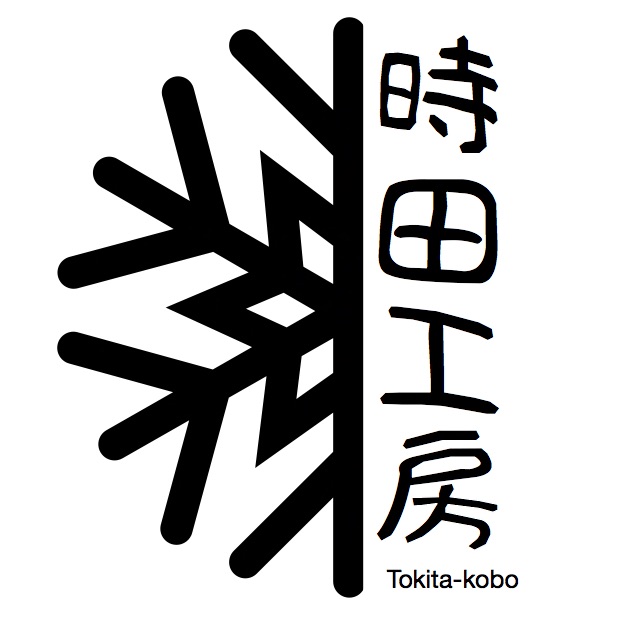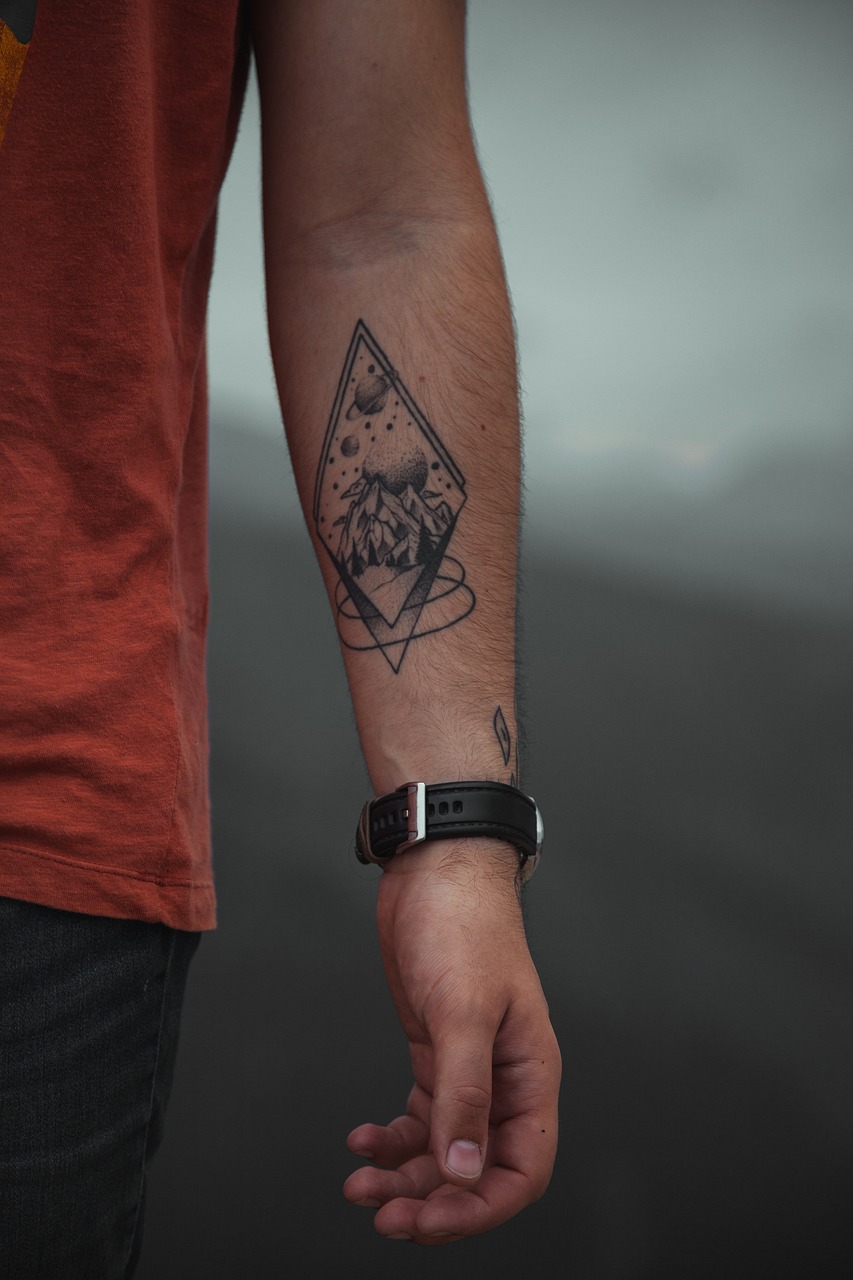Tattoos (刺青, irezumi) have a long and complex history in Japan. While body art is widely accepted in many countries, in Japan, tattoos are still often linked to the Yakuza (Japanese organized crime groups). But is this perception still strong today?
1. The Historical Roots of Japanese Tattoos

Tattoos in Japan date back thousands of years. Ancient clay figurines from the Jomon period (10,000–300 BCE) show markings that resemble tattoos. Later, in the Edo period (1603–1868), tattoos became popular among commoners, especially firefighters, laborers, and merchants, as a symbol of strength and protection. Intricate irezumi designs, featuring dragons, koi fish, and samurai, were seen as a form of artistic expression.
However, during the same period, tattoos were also used as punishment for criminals. Instead of putting criminals in prison, authorities would mark them with visible tattoos to identify them. This negative association lasted for centuries.
2. The Yakuza and Their Tattoo Culture

By the late Edo and early Meiji periods, tattoos became deeply connected to the Yakuza (Japanese mafia). Members covered their bodies with elaborate irezumi, using the art to showcase loyalty, endurance, and status within their organizations.
Since Yakuza tattoos are often hidden under clothing, they symbolize a secret, exclusive world. Because of this connection, many Japanese people still associate tattoos with crime and rebellion.
3. Public Perception: Are Tattoos Still Taboo?

Even today, Japan remains one of the few developed countries where tattoos are often frowned upon. Many people, especially older generations, still connect tattoos with criminality. This is why public places such as hot springs (onsen), swimming pools, gyms, and beaches often ban people with tattoos.
However, attitudes are slowly changing, especially among younger generations. Many Japanese youth see tattoos as a form of self-expression, fashion, or Western influence rather than a criminal symbol.
4. Do Foreigners Face Tattoo Discrimination in Japan?

If you’re a foreigner with tattoos, don’t worry—Japanese people generally don’t assume you are part of the Yakuza. However, you may still face some restrictions:
✔️ Onsen & Public Baths: Many hot springs ban tattoos, but some now allow entry if you cover them with waterproof stickers.
✔️ Pools & Gyms: Some facilities have a no-tattoo policy, so it’s best to check in advance.
✔️ Workplaces: While office jobs in Japan prefer a conservative appearance, foreigners are often given more flexibility.
That said, attitudes toward tattoos vary depending on location—Tokyo and Osaka tend to be more relaxed, while rural areas remain conservative.
5. The Future of Tattoos in Japan
With globalization, tourism, and pop culture influence, tattoos are becoming more accepted in Japan. Many younger people, celebrities, and athletes now have tattoos, challenging old stereotypes.
Additionally, Japan’s legal stance on tattooing has softened in recent years. In 2020, a court ruled that tattooing does not require a medical license, making it easier for professional tattoo artists to operate legally.
While tattoos are still not fully accepted in mainstream Japanese society, the perception is gradually shifting, and one day, the stigma may completely disappear.
Tattoos in Japan remain a symbol of art, identity, and controversy. While older generations still associate them with the Yakuza, younger people are embracing tattoos as a personal choice rather than a sign of criminality.
If you’re visiting Japan with tattoos, be mindful of certain restrictions in public spaces. But don’t let it stop you from enjoying the culture—just cover up when needed, and you’ll have no issues.
Actually, my friend from the UK visited a public bath, but she was refused entry because of her small tattoo. She insisted on covering it with a band-aid, but they told her it was a matter of hygiene. I felt so weird that there is still such a deep stereotype about tattoos.
Would you ever get an irezumi-style tattoo? Let us know in the comments!

